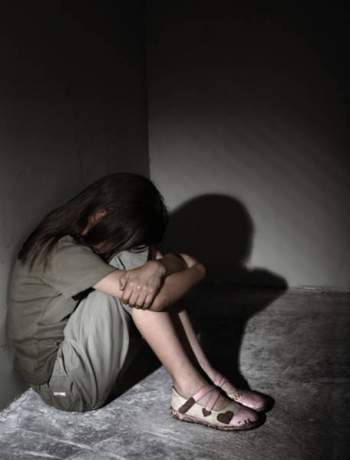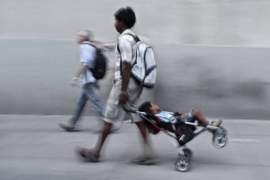
Understanding The Mental Issues Relation with Child Abuse

Must Read
Although many parents or guardians who are inflicted with mental health disorder will be able to provide their child with proper care and support, many will not be able too. They may take out their stress and anxiety on their child and become habitual child abusers.
Some of the statistics of child abuse suggest that a parent or guardian who suffers from a long term severe psychological disorder, such as bipolar disorder, borderline personality disorder, or schizophrenia will be unable to meet a child's emotional and physical needs. A parent who is suffering from a severe mental illness may experience delusion or manic views and beliefs about a child or the child's behavior. They may be more likely to ignore or reject the child or to blame a child for all of the problems and negativity that is occurring in the abuser's life.
Statistics of abuse indicate that child abusers who suffer from psychological disorders are frequently unable to recognize, or choose to ignore, adult-child boundaries or the boundaries that should exist between a parent and a child. Mental illness may cause an individual to develop a negative perspective of a child that will compel the individual to neglect or abuse the child.
A parent or a guardian who is suffering from a psychological disorder, such as obsessive compulsive disorder, may take advantage of a child and use the child to complete tasks such excessive cleaning or abnormal ritualistic behavior. An individual who is inflicted with a mental illness may maintain continuous unrealistic expectations for the child which the child may be unable to meet. This is a form of extremely detrimental emotional abuse.
An adult who is suffering from a psychological disorder may be extremely short tempered and may become manic very easily. If a parent is unable to control his/her rage, anxiety, or stress, then the parent may direct their frustration toward their child. In situations such as this, a child may be subjected to physical abuse.
Often, mothers who develop postnatal depression will rely on abusive means, such as shaking an infant, in order to cope with the stresses of parenting. This may result in long term damage to the child, such as Shaken Baby Syndrome.
NEXT: All You Need to Know About Child Abuse History




















